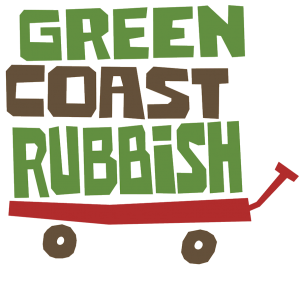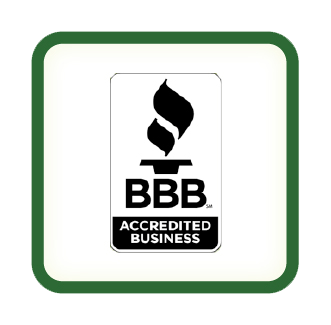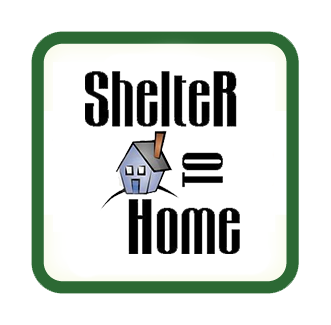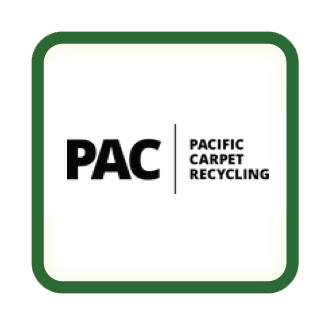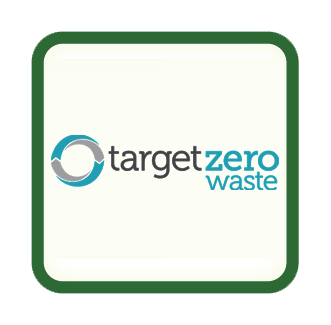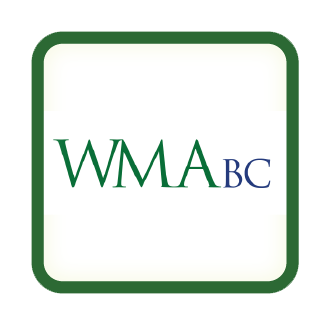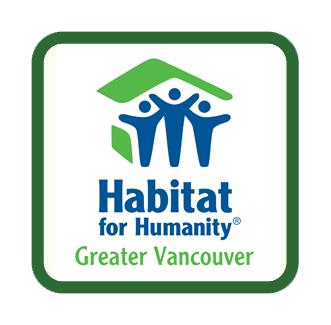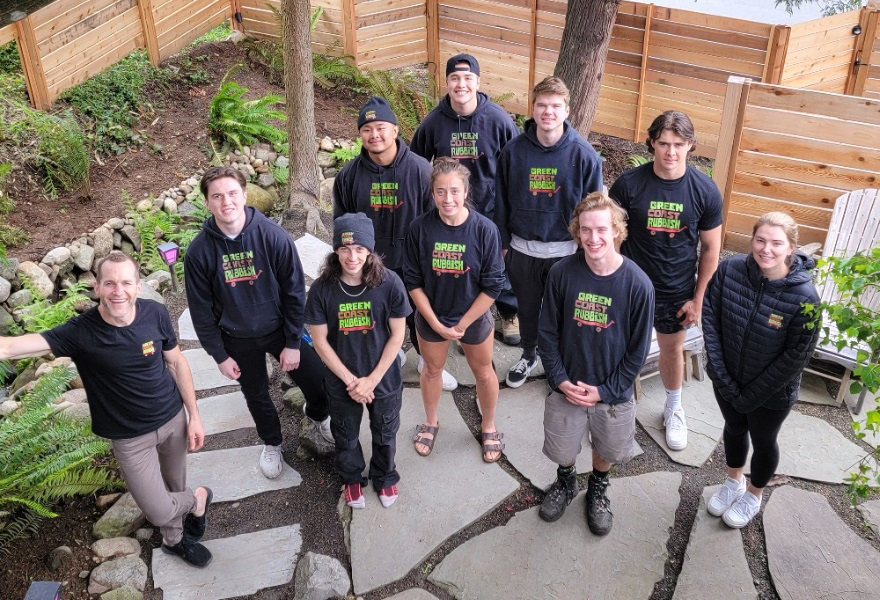
Today we are announcing the launch of something new to our customers and community – the Green Coast Sustainability Initiative. This new initiative is how we are branding our customized process to divert the materials we pick up from our customers away from local landfills.
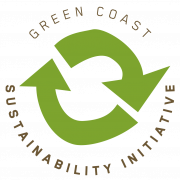
The Green Coast Sustainability Initiative reflects our value of making an environmental difference every day by finding inventive ways to donate, recycle or repurpose at least 75% of what we collect and ultimately achieving zero waste results whenever possible.
– CEO and President Eamonn Duignan
Diversion from Landfills
On a typical day, Green Coast Rubbish teams might collect and divert a myriad of materials depending on whether the customer is residential or commercial:
- Building materials (drywall, concrete, tile, brick, dirt, asphalt, roofing shingles)
- Compost (green waste, compost, branches, leaves, grass, organic debris)
- Biomass (wood, plywood, and wood by-products)
- Other (Furniture, mattresses, carpet, couches, appliances, electronics (including TV’s, computers, stereos, and cellphones), batteries (car, marine & household), paint, Styrofoam, gasoline, pesticides, oil, aerosol cans, tires, plastic, cardboard, paper, newsprint, glass, organic wastewater, fluorescent tubes etc.)
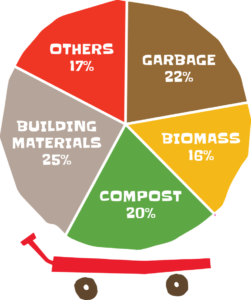
Chart data: Climate Smart, 2010 – 2020
The items and materials are then dispersed to our recycling and donation partners with the knowledge that they will ultimately be reused or repurposed. In a typical year, Green Coast diverts more than 1 million pounds of material through our green junk removal practises as reported by Climate Smart and at least 75% of all materials collected (with some projects achieving zero waste).
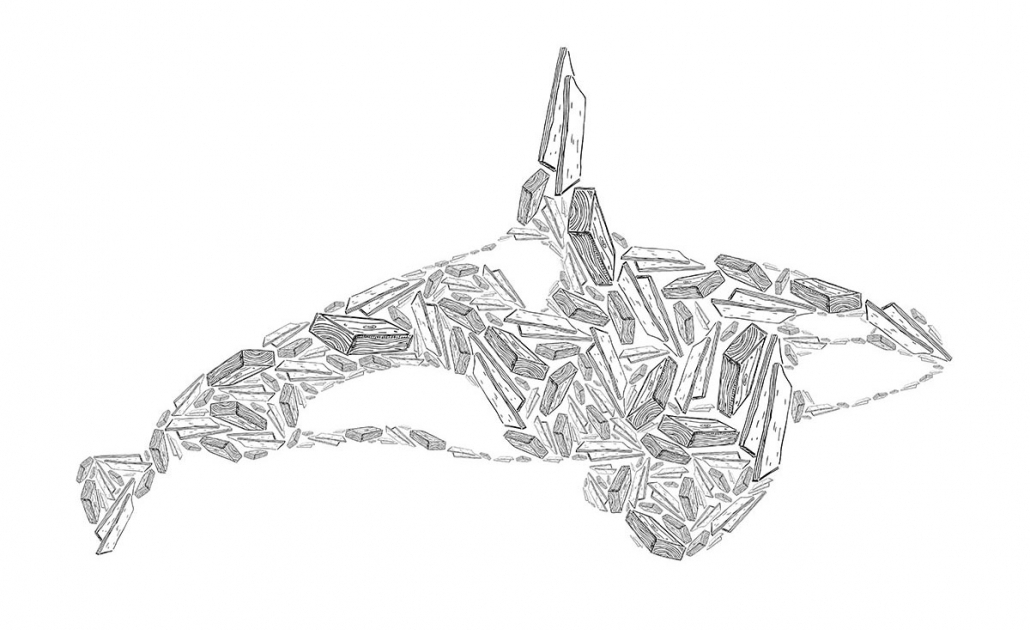
Green Coast Rubbish diverts the equivalent of 100 orca whales away from local landfills on a yearly basis.
Donations Make a Difference
Each year, Green Coast Rubbish donate thousands of pounds of reusable items such as furniture, clothing and household goods to deserving non-profit organizations. For example, Habitat for Humanity receives donations of used kitchens and reusable building supplies via Green Coast that are later utilized in local housing projects for low-income residents. Shelter to Home receives furniture and household goods that are then provided to people living on the North Shore who are either transitioning from homelessness to independent living, or who are living on extremely limited income. Each donation has value and goes to help someone in need. Our full list of donation partners is below:
- Habitat for Humanity
- The Salvation Army
- The Canadian Diabetes Association
- Helping Families in Need Society
- Urban Repurpose
- Downtown East Side Women’s Centre
- Harvest Project
- Shelter to Home
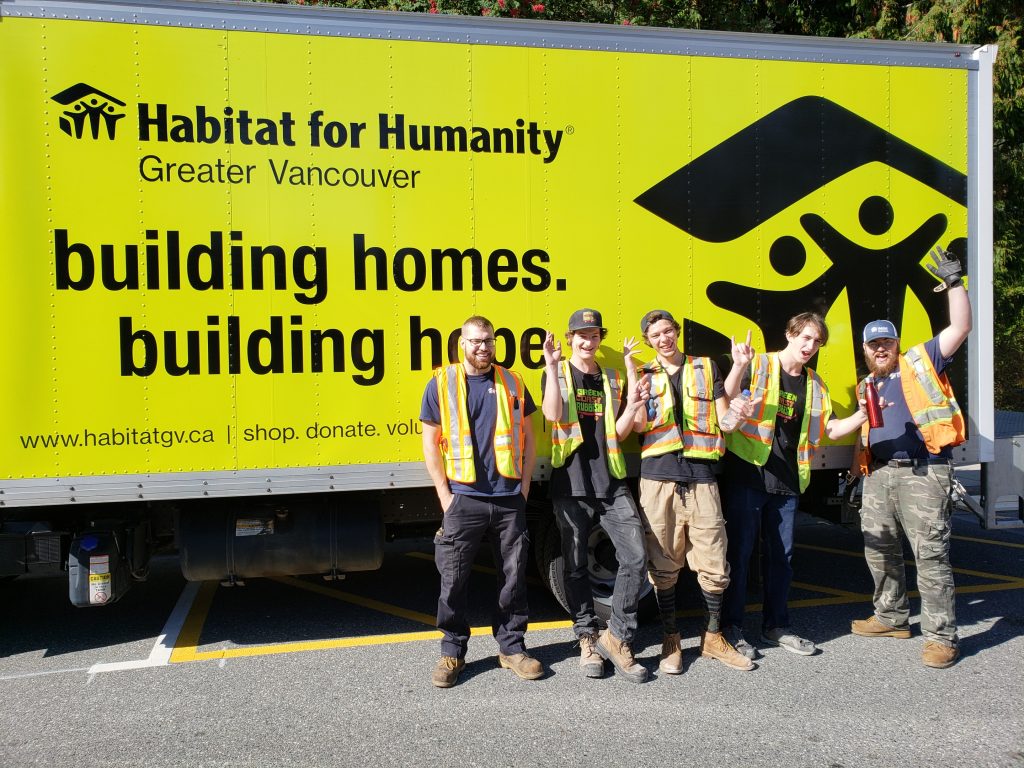
Community means a lot to our team, and being able to give back daily through our donation partnerships is key to the success of our Green Coast Sustainability Initiative. Donation is not only the best use for old rubbish but it allows us to ultimately help people in the community – one of our core values!
– Eamonn Duignan
Carbon Footprint and Emission Reductions
Each year, the Green Coast team reduces its carbon footprint by making greenhouse gas emission reductions in several areas including transporting the team, staff commuting, heat, electricity, garbage and papers.
We’ve made great progress in our emission reductions over the past 10 years. For example, we’ve gone paperless and are now using tablets and digital technologies for all aspects of the business. We’ve also reduced reliance on gasoline by increasing use of biodiesel for the vehicle fleet.
– Eamonn Duignan
For more info on our carbon footprint and emission reductions, visit our Green Coast Sustainability Initiative page.
Final Thoughts
As we look to the future at Green Coast Rubbish, there is a lot to look forward to!
We’ll strive to continue fostering our existing relationships through meaningful projects within our local communities, forge new partnerships and find innovative solutions to repurpose or reuse disposable material. We are never satisfied with the status quo – we can and will always find ways to do more.
– Eamonn Duignan
For more information about the Green Coast Sustainability Initiative, visit GreenCoastRubbish.com and to stay connected with Green Coast Rubbish’s projects and activities, follow us on Twitter, Facebook and Instagram.
